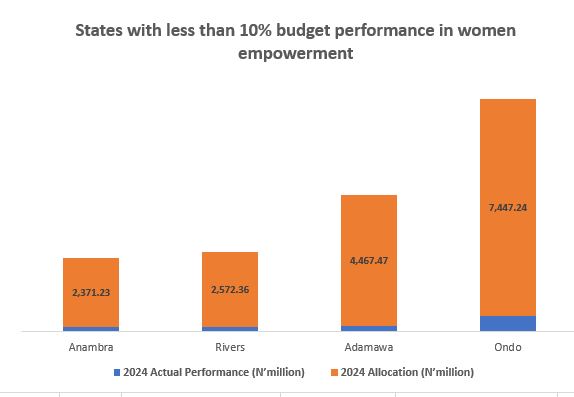In its quest to reduce the cost of moving international bandwidth capacity across the length and breadth of the country for cheap and wider accessibility, the Nigerian Communications Commission (NCC) is ready to set price caps on the cable transmission segment of the nationŌĆÖs vibrant telecommunications market after careful cost-based evaluation had been completed.
This is necessitated by the fact that majority of Nigerians still have no access to affordable broadband, five years after landing four submarine cable systems, due to the enormous cost and complexities inherent in distributing bandwidth capacity.
The proposed price regime was contained in a study presented by KPMG at the StakeholdersŌĆÖ Consultative Forum organised by NCC to determine the cost-based transmission cable pricing.
Eugene Juwah, executive vice chairman of the commission, said the plan to introduce price caps was informed by the commissionŌĆÖs observation of arbitrary and discriminatory pricing inherent in the transmission line market segment.
READ ALSO:┬ĀBREAKING: Sanwo-Olu signs executive order for reconstruction of Lagos
Juwah, who was represented by Okechukwu Itanyi, executive commissioner, stakeholder management, stressed that the commission engaged the services of KPMG for the execution of the project and presentation of the study to stakeholders present in order to seek their opinions and inputs.
ŌĆ£We are going to have a price cap on cable transmission. This means operators cannot go beyond certain level of cost pricing. The move will be beneficial to the consumers because the cost of internet access will come down. Right now, a telecom operator can charge whatever it likes,ŌĆØ he said.
According to the telecoms regulator, KPMG was contacted two years ago to carry out the study as part of its regulatory oversight function to address dynamics, pricing and related matters in cable transmission pricing among operators.
Joseph Tegbe, partner, management consulting, KPMG Professional Services, said the primary objective of the project was to develop a cost-based option for regulating the pricing of transmission cable in the Nigerian Telecoms Industry. The process of determining a cost-based transmission cable pricing to enable an extremely high degree of frequency reuse, requires minimal frequency coordination that would allow links to be deployed close to one another without interference.
Recall that the commission engaged industry stakeholders and operating companies in the telecommunications industry in an interactive session last year on competitive dynamics, pricing and other related matters.
BEN UZOR









